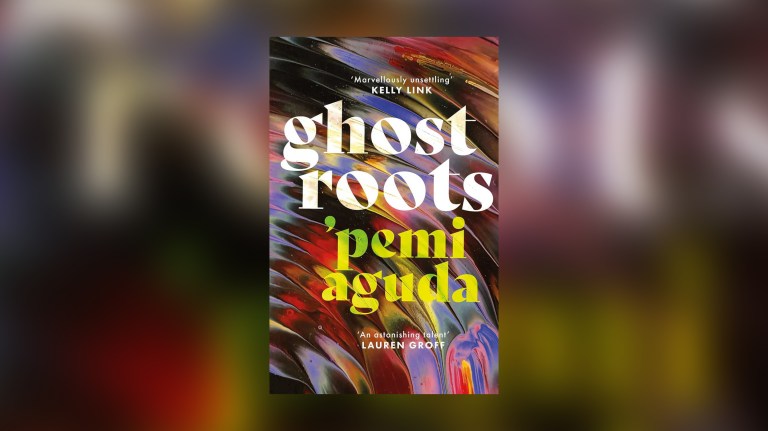The North Sea discoveries saved the day in some respects by creating opportunities for industry and the Treasury
Foreign policy has been heavily influenced by oil needs. British colonies such as Nigeria and Trinidad and other states such as Iran and Libya were prized largely because of their oil and gas reserves. The British state eventually got a rough ride in many of these overseas countries, which threw out UK oil companies or nationalised them.
The North Sea discoveries saved the day in some respects by creating opportunities for industry and the Treasury. Up to £12bn a year came from taxing those local hydrocarbons but the oil companies had free rein to explore and develop as they liked. They treated the North Sea as a new colony where control over working hours and trade unions was absolute.
BP also led the way for Margaret Thatcher’s privatisation programme, raising cash but losing state control of the business. The national oil revenues – carefully shepherded by neighbour Norway to produce a $1tn sovereign wealth fund – were spent on arrival. Thatcher used them to cut taxes and fund unemployment as coal mining and other industries were closed down.
Later on it was the turn of the oil industry itself to retreat from Britain as they saw richer pickings abroad. The companies had built research centres, refineries, and chemical plants after the Second World War. They had also – in the political spirit of the time – built houses and social clubs for their staff. All of this was gradually shut or sold off as BP, Shell and others opted to invest in other regions such as South East Asia.
Some areas of intense de-industrialisation by the oil companies, such as Castle Point on the River Thames, were major Brexit-voting areas. Sacked refinery workers largely blamed Brussels for their fate rather than the corporations who employed them. And large parts of what is left of the North Sea and landside oil sector have been sold to private equity and foreign state-owned oil companies.
So when climate protesters call for divestment from BP to Shell we should understand that the next phase of any campaign needs to include less well-known names such as Ineos, Chrysaor or Neptune plus Chinese and Middle East groups.
We track all these changes in our book Crude Britannia: How Oil Shaped a Nation. It is done through visits to key oil areas such as the Thames Estuary, Merseyside, North East Scotland and South Wales. We speak to the oil executives, the scientists and the ex-refinery workers. We also interview the new breed of female renewable energy bosses, climate campaigners such as Extinction Rebellion co-founder Gail Bradbrook, and songwriters.
Music is a key part of the book as we talk to people like Andy McCluskey of OMD and Wilko Johnson (Dr Feelgood) about how oil influenced their bands.
How do we feel about the future of this country whose feet were embedded firmly in oil? Well this will depend on what all of us do now. Our belief is that policymakers and corporations – whatever their good green intentions – will be slow to move and need to be pushed.
This means we should all try to change our lifestyles where we can (eat less meat, fly less) but also join public campaigns for climate action – and social justice.
They all go together. And we argue that local communities should not only support wind, solar or other renewable power but be given an ownership stake in them. Private green energy companies have the same ultimate driving goal as private oil companies: shareholder returns, profits.
We want the real stakeholders to benefit: you and me – but not forgetting the natural world, which ultimately supports all of us.
Crude Britannia: How Oil Shaped a Nation by Terry Macalister and James Marriott is out on May 20 (Pluto Press, £20)










